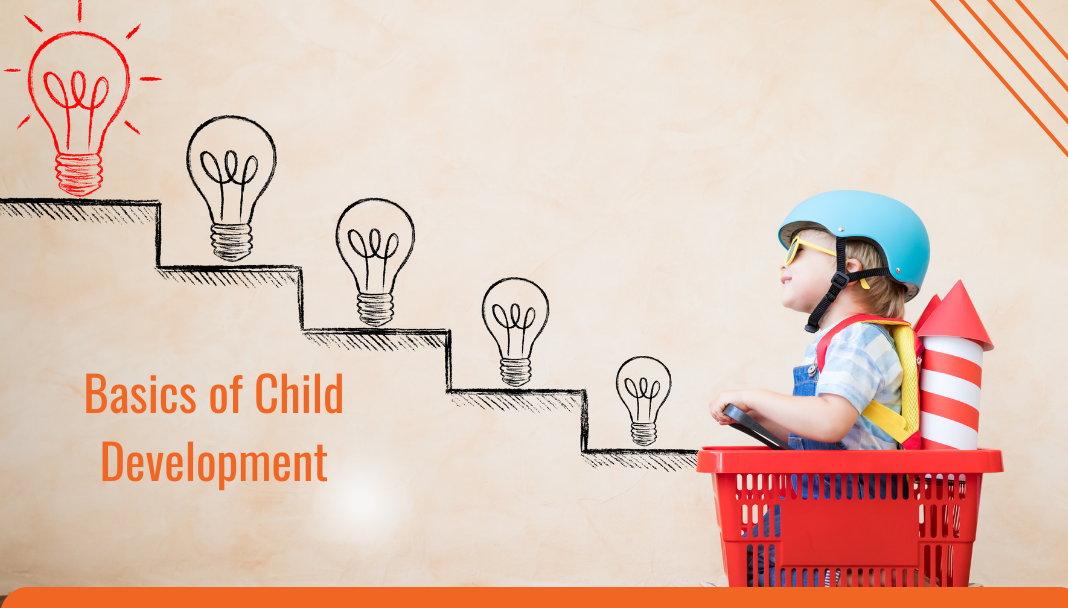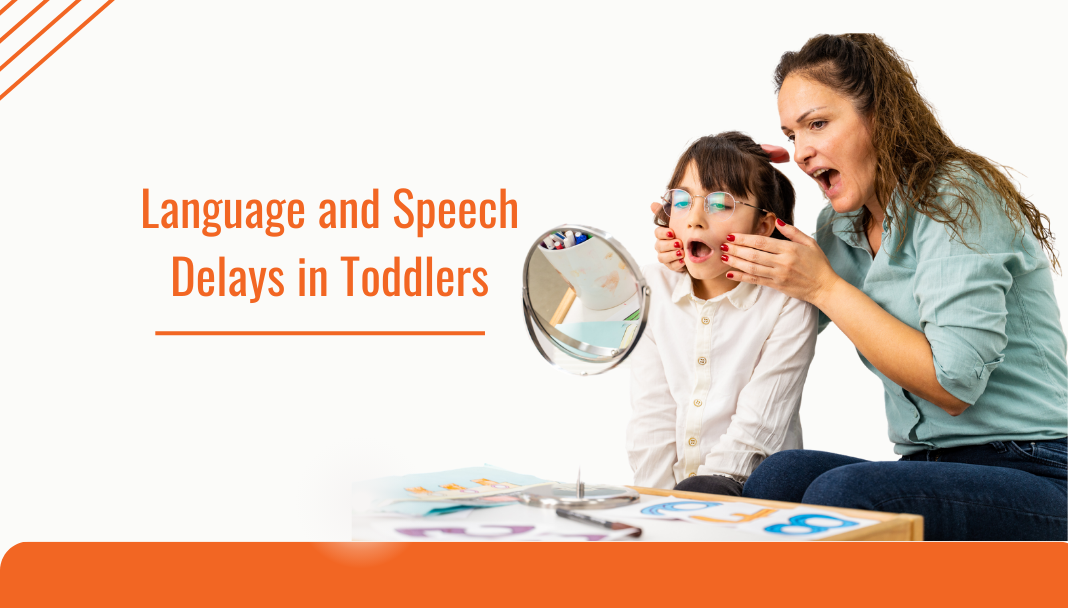Your child is suffering from a headache. Are they ill? Are they thirsty? Is their headache caused by something more serious? Is it time to be concerned?
When children get headaches, it’s natural for them to imagine the worst-case scenario. Many parents are concerned that their child’s headache is the result of a brain tumour or another serious medical condition.
While there could be different types of headaches, the good news is that the majority of headaches experienced by children and adolescents (teens) are minor. Moreover, observations reveal that the most common cause of headaches in children is poor lifestyle choices, not something in the brain.
| Did you know?In 99% of cases, the headaches are caused by a relatively minor problem, such as a treatable infection, or by a primary headache disorder, which means there is no other underlying problem. |
However, the question is, “WHEN TO WORRY ABOUT A HEADACHE IN CHILDREN?”
As parents, what headache symptoms should you look for in your children?
Much is dependent on your child’s age and ability to communicate with you. Headaches can affect children as young as infants.
Depending on their age, they express their pain in different ways. Babies who cannot yet speak may cry, touch their heads, or close their eyes tightly to avoid painful stimuli. To express their level of pain, toddlers or elementary-age children may tell you that their head hurts, bright lights bother them or use visual imagery (i.e., feels like someone is hammering on their head). Teens may develop mood swings or withdraw.
Children who have headaches may complain of pain in the front of their heads or all over their heads. Headaches in children can occur repeatedly, be triggered by something, such as a loud noise, too much light or activity around them, or something that occurs unexpectedly.
When do you need to be concerned about your child’s headache?
Migraines affect one out of every six teenagers. Some people experience severe, incapacitating, or chronic headaches. Approximately 2% of teenagers suffer from headaches on a daily or weekly basis.
Headaches can occur as a standalone symptom or as a symptom of another condition. While headaches can be an indication of a serious problem, such as a brain tumor, this is only true about 1% of the time. If your child suddenly develops a severe, new headache, has a headache that is worsening, or has a concussion, contact your paediatric neurologist right away.
The following are examples of primary headache disorders:
Tension headaches – These types of headaches are the most common type of headache, causing mild to moderate discomfort.
Migraines – Migraines are severe, debilitating headaches that can last hours or days and are frequently accompanied by pain, nausea, vomiting, light and sound sensitivity, and dizziness.
Chronic Migraines – Chronic Migraines are defined as frequent painful headaches (15 days or more per month) that continuously occur for at least 3 months consecutively.
Your child’s healthcare provider can typically make these diagnoses based on the pattern of symptoms, without the need for tests. Primary headache disorders are not fatal, but they can cause significant problems, such as missed school.
What should you do if your child’s headaches seem abnormal, frequent, or problematic?
Contact a healthcare professional or a paediatric neurologist if your child is suffering from frequent or incapacitating headaches that are interfering with normal activities.
What can a neurologist do? He can assess your child’s symptoms and, if necessary, recommend treatment, which may include lifestyle changes, acute or preventive medications, cognitive behavior therapy, and procedural and intravenous treatments. As needed, your child’s primary care physician, neurologist, or headache specialist can refer you to a specialist. Headaches can develop into chronic conditions and hinder your child’s daily life.
Hence, getting timely treatment is crucial.
Why choose Neuropedia for paediatric headache treatment in Dubai?
We have the best child neurology specialists in the region at Neuropedia. During the initial consultation, our experts will go over all of your child’s symptoms, intensity, and frequency of headaches, as well as gather important information about his or her condition. Based on the diagnosis, our experts develop the best headache treatment therapies for children in order to eliminate or reduce the frequency of headaches. They can recommend various therapies or nerve-stimulating headbands to help older children with headache symptoms. We provide the best headache treatment for children in Dubai by taking a one-on-one approach with each child.
So, if your child is experiencing any of the headache symptoms listed above, please contact us to discuss their treatment options.











 04 343 1113
04 343 1113 info@neuropedia.ae
info@neuropedia.ae







.png)






